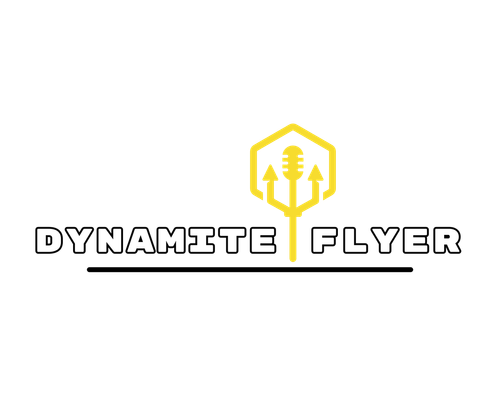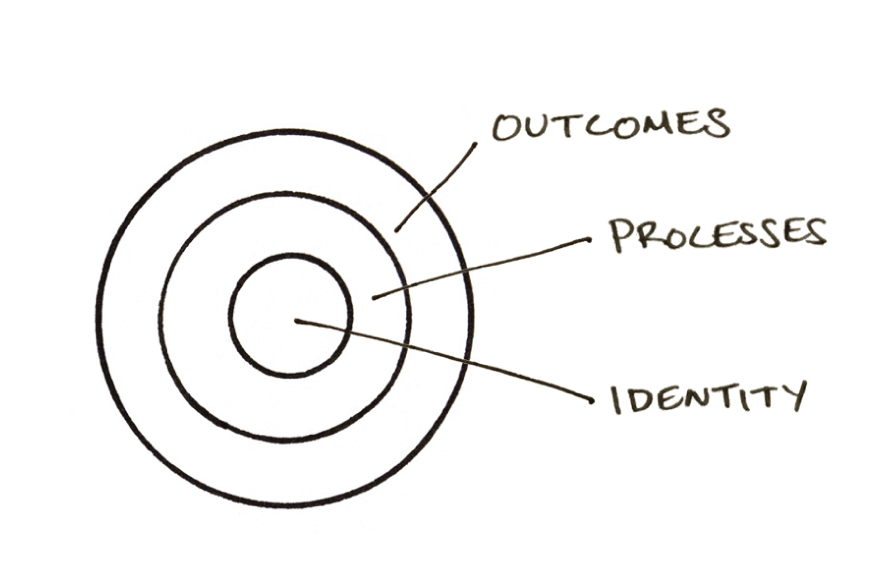It's as easy as 1,2,3, ABCD.
Quite literally.
The 4 drivers of human motivation discussed by professors Paul Lawrence and Nitin Nohria are as follows:
To Acquire & Achieve
To Bond & Belong
To Challenge & Comprehend
To Define & Defend
Let's break these down even further. Shall we?
To Acquire & Achieve
Achievement. In many cases the biological need for material wants. People like having incentives for achieving some goal rather than just the goal itself.
This is no different in the workplace, when we are shown a possible bonus for doing extra work, there is a definite want to achieve said goal.
Outside of the workplace, take the gym for an example, most people, myself included, want to achieve an amazing body.
Simply put:
To acquire is to amass wealth, social status as well as other acquisitions.
To achieve is to reach high performance.
To Bond & Belong
To create and maintain social relationships. Who doesn't want that? Let's face it. We're social creatures by nature, (except the a.i. reading this), and we want to bond with one another.
So, it would make sense that this would be one of the fundamental drives of human nature. We not only want to connect with others (bond) but to also feel a sense of belonging with those close to us, family, close friends, great pets, etc.
In the workplace this is not only a major component, it is vital. Would you want to work in a team that is always at each other's throats? Or one that doesn't even speak to one another?
Simply put:
To bond is to connect with others.
To belong is to feel a sense of welcoming and companionship, to feel needed.
To Challenge & Comprehend
Growth is a challenge. And there is a biological need to learn and conquer the path in front of us. Originally the drive was merely comprehended alone, but after more research, the professors found that challenge was a necessary component.
We not only have a want to learn, but a fundamental want to conquer our challenges, no matter how big or small. As people, we feel great when we conquer something that was troublesome for us. Paradoxically what is the obstacle becomes the way as well.
As humans, we yearn to learn more and conquer challenges large and small in our lives. It would make sense that this is one of the fundamental drives of human purpose.
We are students at heart, as we yearn to learn more and to overcome challenges placed in front of us.
To challenge is to take on and overcome an obstacle.
To comprehend is the yearning for more knowledge, to expand that which we already know.
To Defend & Define
Funny enough, the most complex one to define is define itself. How bizarre. People become attached to something greater than themselves, an idea. This is the fundamental aspect of what makes organizations thrive or fall. The why, the idea, and the values people hold.
Complementarily, people want to defend that idea, that value, in many cases in the work environment, it may be the work they do, the people they are with, or maybe just the company's mission itself. The social aspect of defending correlates with the previous drive to bond.
To make it more straightforward:
To define is to stay with your values.
To defend is to protect an idea fundamentally, whether this be an organization, belief, or people.






